Education
-
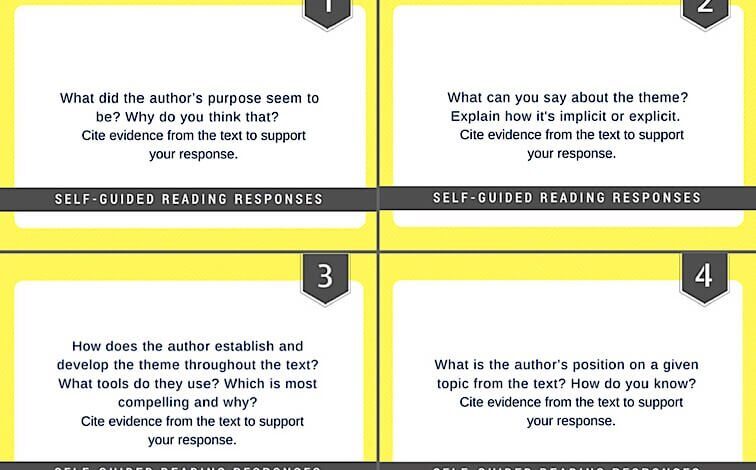
15 Self-Guided Reading Responses For Non-Fiction Texts
by TeachThought Curricula Curricula Format If you’d like to purchase printable reading response cards to use in the classroom, you can do so at our TeachersPayTeachers Store. You can find the resource show here–> non-fiction reading responses. In the ELA classroom, literacy involves decoding a text and then analyzing it for meaning, implicit and explicit themes. It also requires examining…
Read More » -
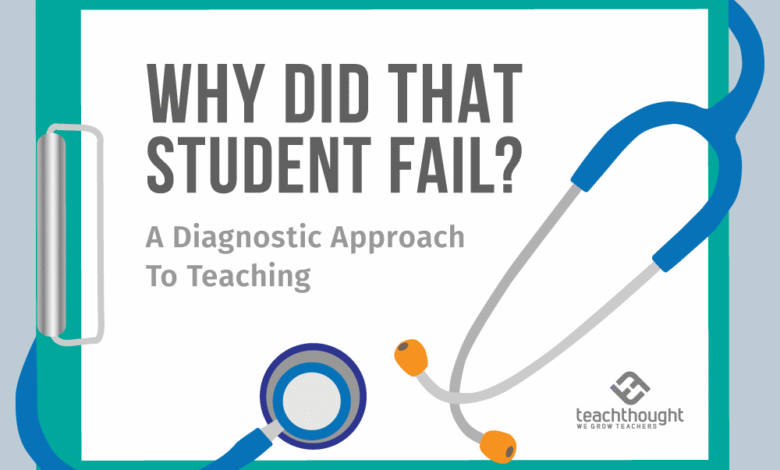
Why Did That Student Fail? A Diagnostic Approach To Teaching
by Terry Heick When students struggle in school, it can be for a variety of reasons. From their grasp of content and literacy skills to their engagement level to behavior and organizational issues, to teacher actions, to the proverbial ‘stuff going on at home,’ the possibilities are maddeningly endless. The following 8-step process is a valuable tool for me as…
Read More » -
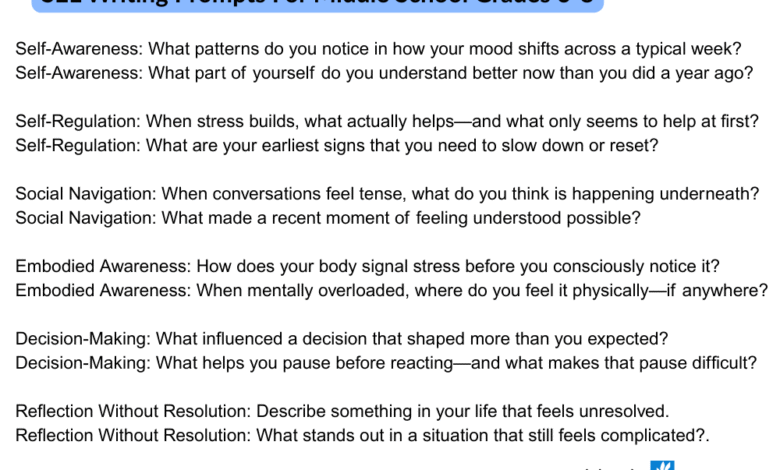
20 SEL Writing Prompts For Middle School Grades 6-8
These prompts are drawn from 50 Days of SEL & Metacognitive Writing Prompts for Middle School, a resource that includes a full set of prompts across all six domains along with a student self-reflection rubric and implementation guide. You can also find Metacognitive Prompts. as well. Social Navigation Describe a time when you had to work with someone whose approach…
Read More » -
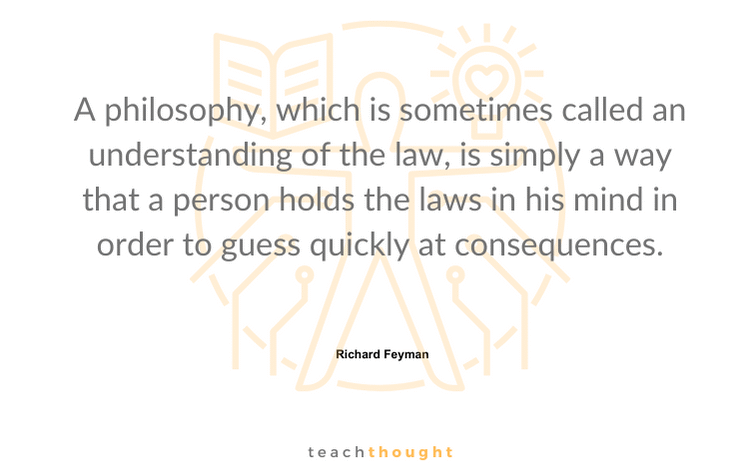
Richard Feynman On Knowing Versus Understanding
Richard Feynman On Knowing Versus Understanding by TeachThought Staff Who is Richard Feynman? Richard Feynman, born in 1918, was a theoretical physicist whose work in quantum mechanics earned him the Nobel Prize in Physics in 1965. According to nobelprize.org, Feynman obtained his B.Sc. in 1939 at the Massachusetts Institute of Technology and studied “at Princeton University, where he obtained his…
Read More » -
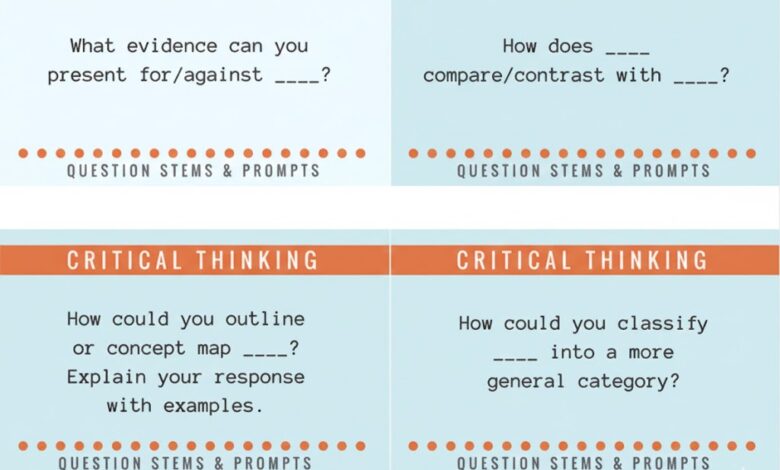
26 Sentence Stems For Higher-Level Conversation In The Classroom
by Terry Heick Meaningful conversation can make learning more personal, immediate, and emotional. During meaningful conversations, students are forced to be accountable for their positions, to listen, to analyze opposing perspectives, and to adapt their thinking on the fly. There are many popular strategies for these kinds of conversations, each with slightly unique rules and applications. Among them are Socrative…
Read More » -
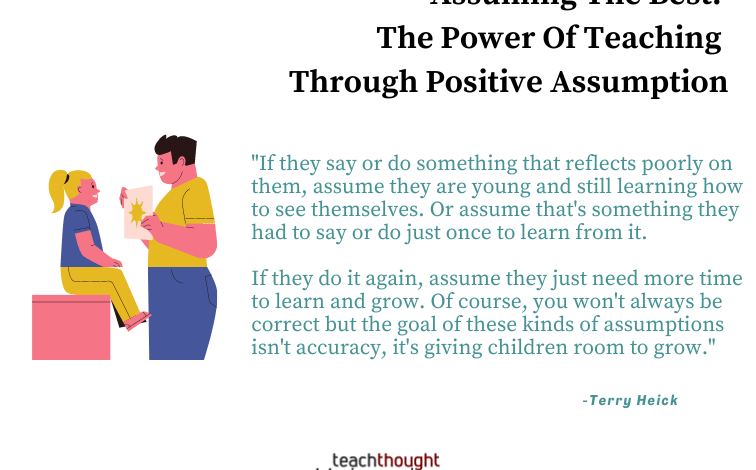
Assuming The Best: The Power Of Teaching Through Positive Assumption
by Terry Heick Always assume the best in students; at worst, assume there’s more to know. If they fail, assume they tried and want another chance. Assume they weren’t aware of what they weren’t aware of or that they don’t understand the scale or effects of the failure. If they break a rule, assume they weren’t aware of the rule.…
Read More » -
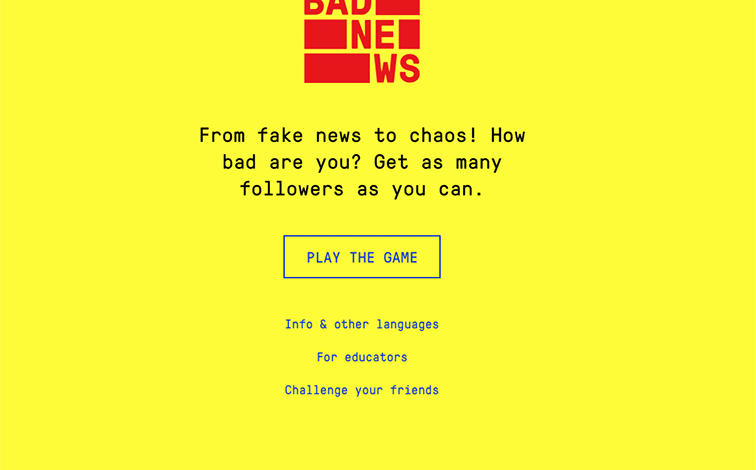
Bad News: A Game About The ‘Success’ Of Fake News
by Terry Heick Want to help students learn to think critically about ‘fake news’? A simple, browser-based game could help. What is Bad News? Bad News is a simple tool to help students understand ‘fake news,’ the (modern?) phenomenon of misinformation and ‘content as news’ propagated, at least in part, by the rise of digital and social media. (You can…
Read More » -
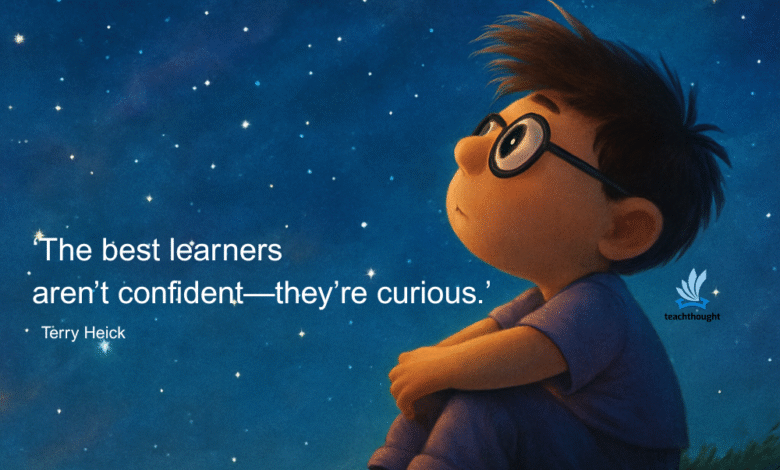
What Happens When Teachers Connect
by Terry Heick Digital and social media have replaced the landscape for education. This isn’t a case of mere impact or transformation–it’s all different now. Everything–the tools, the audiences, the access to content, the data, the opportunity. And this is a displacing and replacing that will only accelerate as re-conceptualizing of the craft of teaching in light of emerging technologies and…
Read More » -
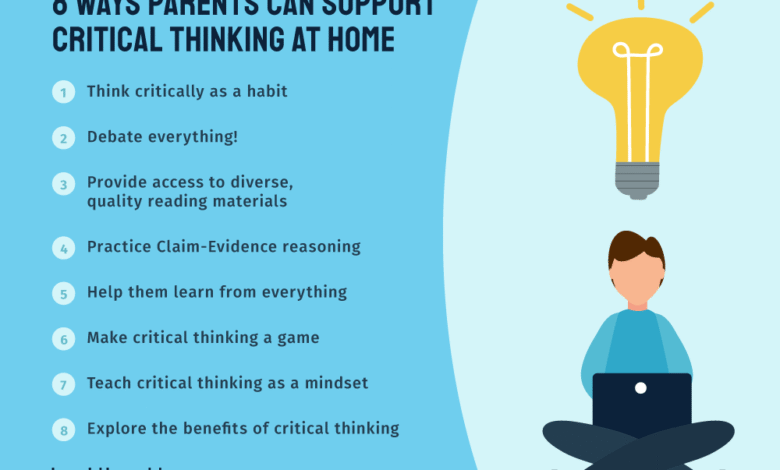
8 Ways Parents Can Support Critical Thinking At Home
contributed by Lee Caroll, PhD and updated by TeachThought Staff Research agrees that the strongest students emerge from homes supportive in the learning process, and below we’ve listed a few ways parents can support students at home. In 8 Science-Based Strategies For Critical Thinking, we looked at ways we can use ‘thinking like a scientist’ to improve our own critical thinking skills. Below,…
Read More » -
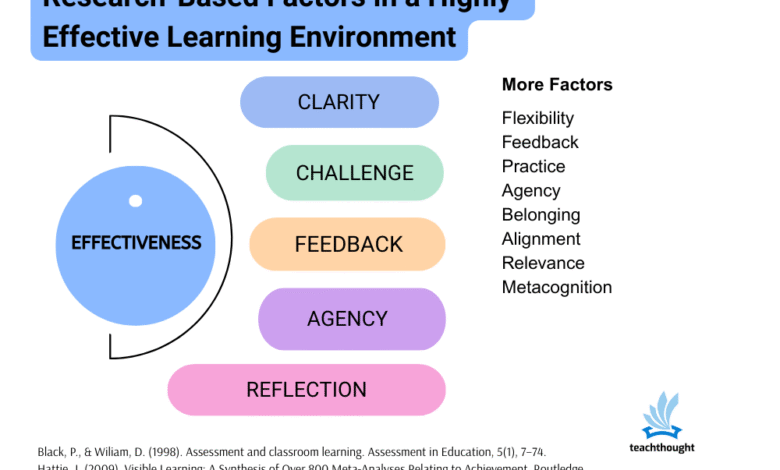
Research-Based Factors Of A Highly Effective Learning Environment [Updated]
Wherever we are, we’d all like to think our classrooms are ‘intellectually active’ places. Progressive learning environments. Highly effective and conducive to student-centered learning. The reality is, there is no single answer because teaching and learning are awkward to consider as single events or individual ‘things.’ So we put together one take on the characteristics of a highly effective classroom…
Read More »
